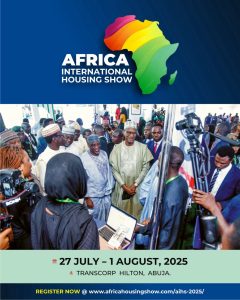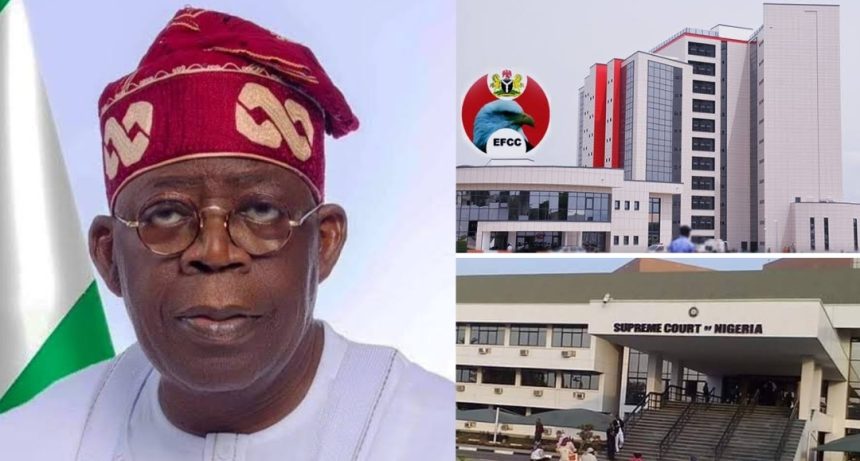The Economic and Financial Crimes Commission (EFCC) is facing mounting criticism under President Bola Tinubu’s administration.
Legal experts and political figures are accusing the agency of prioritizing political persecution over its core mission of tackling corruption.
Chief Martin Onovo’s Critique
Chief Martin Onovo, a former presidential candidate and policy expert at the Movement for Fundamental Change, didn’t hold back in his criticism. Onovo argued that the EFCC, like all government agencies, follows the direction of the political leadership. Under Tinubu’s administration, he believes this leadership is deeply entrenched in corruption. He referenced a ranking by the Organised Crime and Corruption Reporting Project, which placed Tinubu among the world’s most corrupt leaders. Onovo believes this environment makes it impossible for the EFCC to effectively combat corruption. “The corrupt cannot fight their own corruption,” he stated. He added that the commission has become a tool to target political opponents rather than uphold justice.
Barrister Olalekan Ojo’s Concerns
Related Posts:
Barrister Olalekan Ojo, a prominent Lagos lawyer, acknowledged the EFCC’s visible efforts, such as high-profile arrests and asset recoveries. However, he voiced concerns about selective prosecution. He criticized the commission for focusing on opposition figures while ignoring government allies. Ojo stressed that for the EFCC to regain its legitimacy, reforms are necessary. He called for impartiality, accountability, and respect for the rule of law. Without these reforms, he warned, the agency could be seen as a political weapon rather than a genuine anti-corruption force.

Hon. Charles C. Anike’s Harsh Assessment
Hon. Charles C. Anike, leader of the Eastern Union, offered an even harsher critique. He described the EFCC as a “ghost name” under Tinubu’s government. Anike accused the agency of becoming an instrument of oppression used to silence dissent and protect the interests of those in power. His harsh assessment suggests the EFCC has strayed from its original purpose of upholding the law.
What Lies Ahead for the EFCC?
As criticism against the EFCC continues to grow, its credibility is at stake. The commission must decide whether to reform and regain public trust or remain seen as a tool of political control. The agency’s next steps will determine if it can prove its commitment to fighting corruption fairly and impartially.



